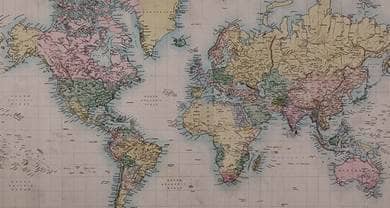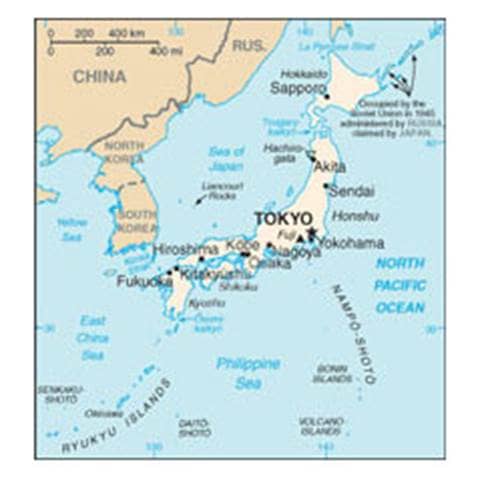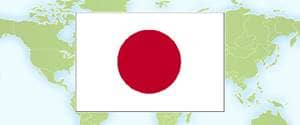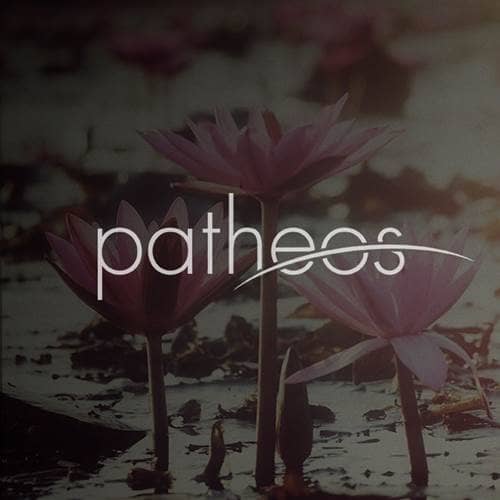- Trending:
- Pope Leo Xiv
- |
- Israel
- |
- Trump
- |
- Social Justice
- |
- Peace
- |
- Love

RELIGION LIBRARY
Japan

The country has an area of 145,884 square miles and a population of 127.6 million. Since the Government does not require religious groups to report their membership, it is difficult to accurately determine the number of adherents of different religious groups. The Agency for Cultural Affairs reported in 2006 that membership claims by religious groups totaled 209 million persons. This number, which is nearly twice the country's population, reflects many citizens' affiliation with multiple religions. For example, it is very common for Japanese to practice both Buddhist and Shinto rites.
According to the Agency's annual yearbook, 107 million persons identify themselves as Shinto, 89 million as Buddhist, 3 million as Christian, and 10 million follow "other" religions, including Tenrikyo, Seichounoie, Sekai Kyusei Kyo, and Perfect Liberty. There are an estimated 100,000 Muslims in Japan, of whom an estimated 10 percent are Japanese citizens. The Israeli Embassy estimates that there are approximately 2,000 Jews, most of them foreign-born. Although anti-Semitic remarks and/or conspiracy theories sometime appear in the media, there are no reports of harassment or violence against either individuals or the Jewish community.
As of December 2006, under the 1951 Religious Juridical Persons Law, the Government recognized 154 schools of Buddhism. The six major schools of Buddhism are Tendai, Shingon, Jodo, Zen (Soto and Rinzai sects), Nichiren, and Narabukkyo. In addition, there are a number of Buddhist lay organizations, including Soka Gakkai, which reported a membership of 8 million "households." The two main schools of Shintoism are Jinjahoncho and Kyohashinto. Roman Catholicism and Protestantism have modest followings.
| Population | Population (2009 est.) 127,078,679 |
| Religious Demographics | Shinto 83.9%, Buddhism 71.4%, Christianity 2%, other 7.8% |
| Ethnic Groups | Ethnic Groups Japanese 98.5%, Koreans 0.5%, Chinese 0.4%, other 0.6% |
| Languages | Languages Japanese |
| Country Flag |  |










